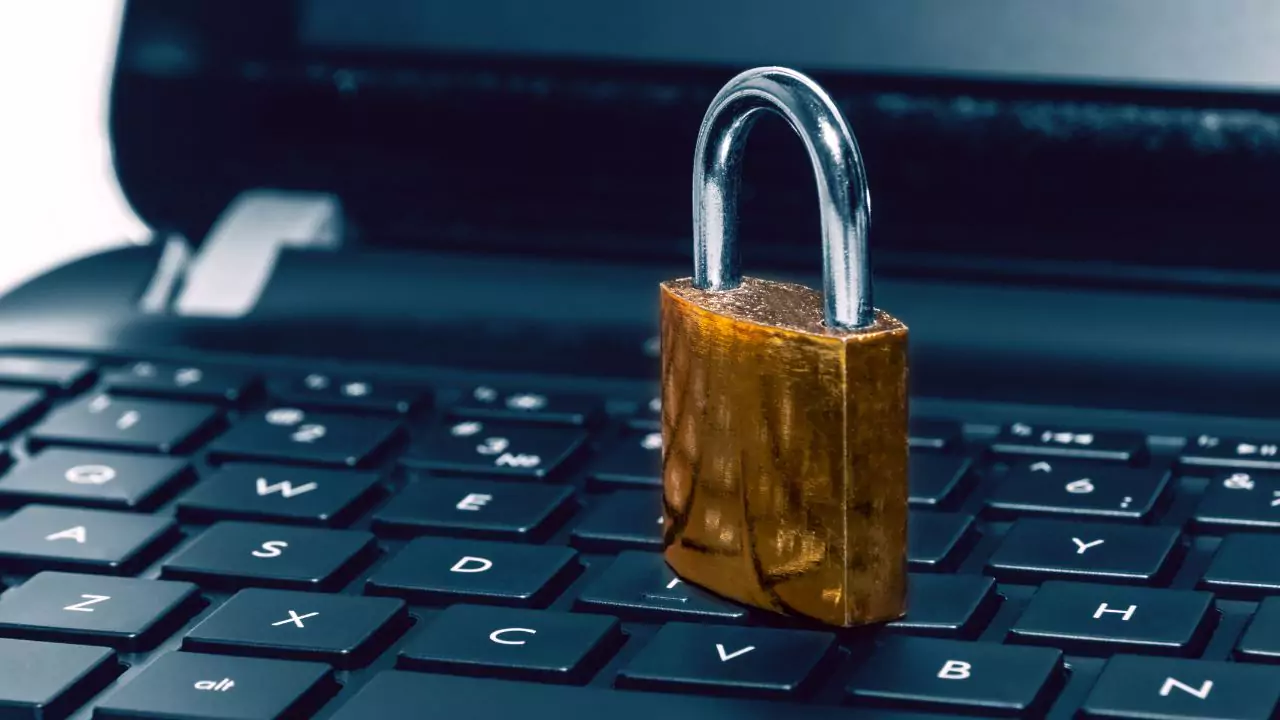In today’s digitally interconnected world, safeguarding against cybercrime is paramount. With threats evolving constantly, individuals and organizations alike must stay vigilant to protect sensitive information and maintain online security. Here are seven essential tips to help prevent cybercrime and fortify your digital defenses.
We will discuss the top 7 tips to prevent cybercrime through this blog. Before that, we need to understand what cybercrime is and the types of cybercrimes. And then, we will discuss the tips to prevent these cybercrimes.
What is Cybercrime?
Cybercrime is an activity performed by cybercriminals to extract, steal or access sensitive information or data without authorization for financial or personal reasons. These activities are carried out by individuals or groups using modern techniques to conduct data breaches over computer networks. Sometimes cyber crimes also involve catastrophic damage, carried out to tarnish the victim’s image or political reasons. If you aim for a career in the Cyber Security domain, check out the best Cyber Security courses.
What are the types of Cybercrimes?
There is a multitude of Cybercrimes, which people from around the world are facing. Here’s a list of some of the cybercrimes:
- Identity Fraud
- Email and Internet Fraud
- Stealing Financial related data
- Theft and sale of corporate data
- Ransomware attacks
- Cyber Espionage
- Cyber Extortion
- Cryptojacking, etc.
Nearly every type of cybercrime comes under two main categories. One which involves viruses and other types of Malware that targets computer systems. And the second one is cybercrimes which infect computer systems with Malware to render them useless and may damage the data or steal them.
Now let’s understand a few examples of Cyber Attacks
Malware Attacks
Malware Attacks are one of the most severe Cyber Security threats that organizations and businesses are facing. Malware is nothing but software designed with malicious intent to carry out unauthorized tasks, like data theft, damage to data, or manipulation of it. Malware could serve different purposes, and it depends on the creator of Malware. A very big and noticeable event was in 2017 when Ransomware named WannaCry hit across the globe affecting some 230,000 computers across 150 countries globally. This Ransomware locked all files and demanded a ransom to be paid in cryptocurrencies to give back access to the victims. It is estimated that this Malware has caused USD 4 Billion in financial losses globally.
Phishing
Phishing involves all those hacking activities through email, pop ups, or any other form of communication that tricks users into believing that it is from a legit source. Clicking on them or following their instructions will compromise the user’s digital security. These attempts could be spam emails, popups in websites, email attachments, malicious links, etc.
Another form of Phishing attack is Spear-Phishing attacks. In Spear-Phishing, hackers communicate with professionals of a particular company and try to entice them to give away their data to compromise the security of the organization or business they’re working for.
DDoS attack
DDoS attacks are meant to bring down a whole set of computer systems or networks. In this attack, hackers overload a system or network by spamming connection requests. It renders the service or website incapable of handling essential requests of users. This attack is carried out by using standard communication protocols. There are many instances where popular hacking groups threaten a company or business with DDoS attacks to demand ransom.
7 Tips to prevent Cybercrimes
There are several ways to keep these cybercrimes at bay. I will list here the top five tips to prevent cybercrimes.
Always use Updated software and Operating Systems
Every business must ensure that all the software and OS they use must be updated. It is because legacy software is more vulnerable to hacking. Since its outdated, it will not be having features of the capability to fend off modern hacking methods, techniques, or tools. With software up-gradation, you not only get newer features but also get better security. Using updated OS helps you patch all loopholes to date to offer an extra layer of protection.
Use professional help
Choosing a reliable cybersecurity provider is essential for protecting digital assets against complex and evolving threats. Providers that offer comprehensive, tailored solutions, like those of firms such as GuidePoint Security, ensure a robust defense tailored to specific organizational needs. The right partnership in cybersecurity not only guards against immediate risks but also prepares your infrastructure for future challenges. It’s a strategic investment in resilience, seamlessly integrating expertise and innovation into your cybersecurity framework.
Always deploy the best Antivirus and keep it updated
Using Anti-Virus gives you a comprehensive protection solution to keep you protected against all major threats. Antivirus offers peace of mind, fully knowing that the data is secure, and it scans, detects, and removes any threat as soon as possible. Keeping it updated gives you the optimum protection.
Always use strong passwords
Passwords are an important part of security strategy. Always make sure that everyone working in the company or a part of the business must use strong, complex passwords and must change them at regular intervals. Easy and simple passwords are an easy opportunity for hackers.
Never open or even download an attachment unless you ensure it’s secure
Phishing attacks have always been high. They are increasingly becoming more and more complex and advanced. The easiest way is to never open any attachment or file in an email if the sender isn’t legit or trustable.
Keep your online behavior in check
Be mindful when you surf online. Because hackers have become smart and are using modern-day technologies to outsmart other users into enticing them to click on a link with malicious intent. So never click on a link that doesn’t seem right or legitimate.
Always use SSL cert
It is good to have an SSL certificate as Google is also promoting HTTPS for website security. Rising cybercrime has put users’ data at risk. For smooth communication between the server and the browser, you need an SSL certificate. Data sharing on your website will be easy for users when there is an SSL certificate.





